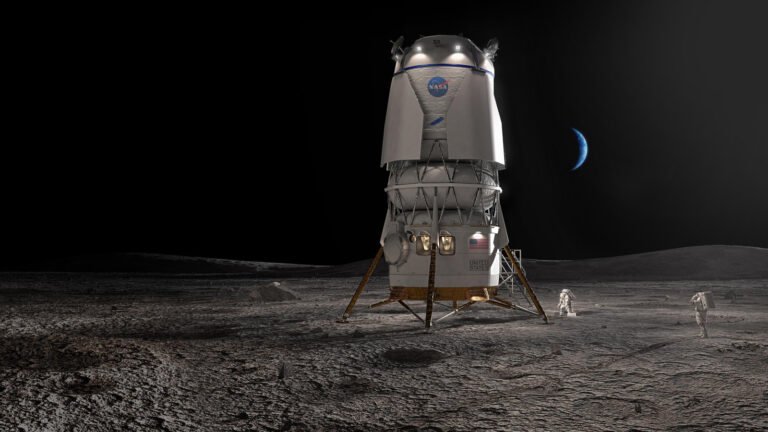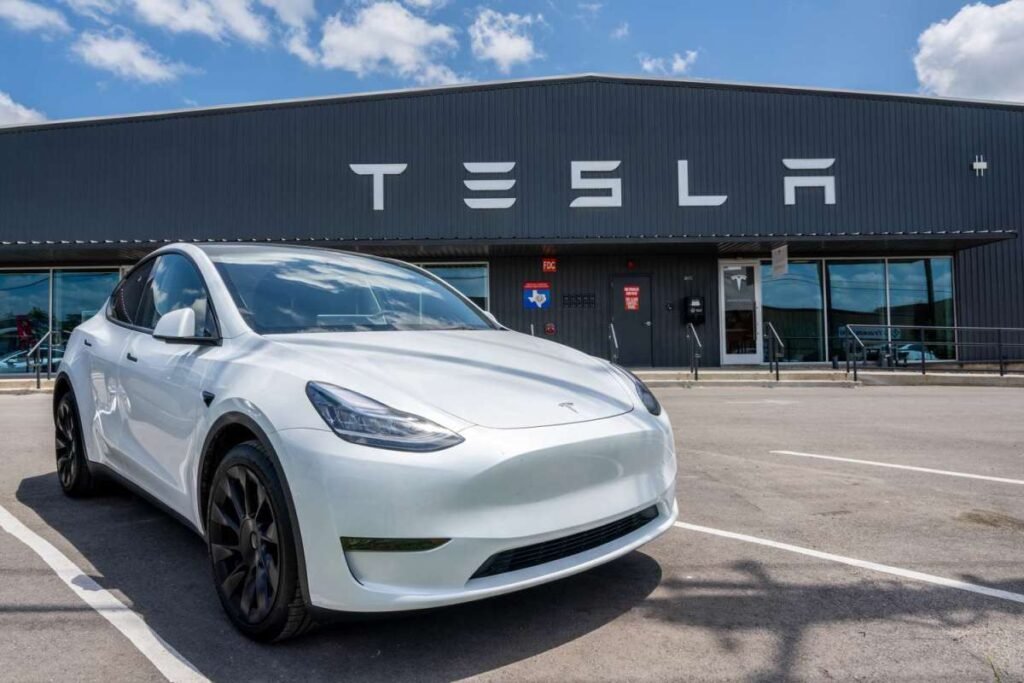
California regulators have warned Tesla they may suspend or revoke its insurance business license after a surge of consumer complaints and alleged violations of state law. The California Department of Insurance (CDI) says Tesla Insurance Services, along with its underwriter State National Insurance Company, repeatedly delayed payments, denied legitimate claims, and failed to investigate fairly.
The enforcement action, announced on October 3, gives Tesla and its partners 15 days to respond before the state considers suspending their licenses. Officials say the companies ignored prior warnings and that verified complaints have multiplied in recent years, rising from fewer than 100 in 2022 to more than 1,000 in 2024, with hundreds already logged in 2025.
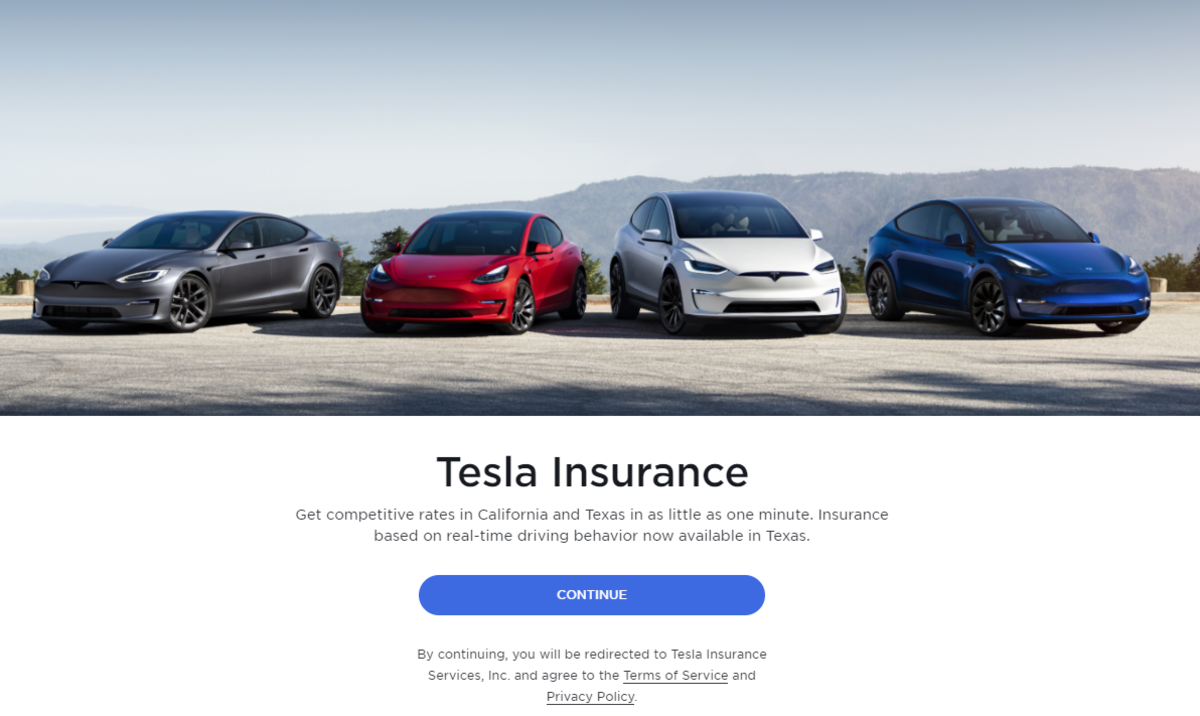
Mounting Legal and Financial Pressure
The state’s notice alleges Tesla violated multiple provisions of California’s insurance code, including failing to respond to claim inquiries within 15 days and missing the 40-day window to approve or deny claims. Customers also complained about being required to travel long distances for inspections and not being told of their rights to appeal denials.
Tesla’s insurance arm has been under scrutiny before. Earlier this summer, the company faced a separate class action accusing it of delaying or minimizing payouts. That case mirrors Tesla’s broader pattern of legal friction, from its defense posture in civil litigation, such as Tesla telling a Texas court it has no duty to warn owners of defects, to growing questions about transparency across its operations.
If California follows through on its threat, Tesla Insurance could lose its ability to issue or service policies in its home state, one of the brand’s largest U.S. markets. The department says fines could reach $10,000 per willful violation.
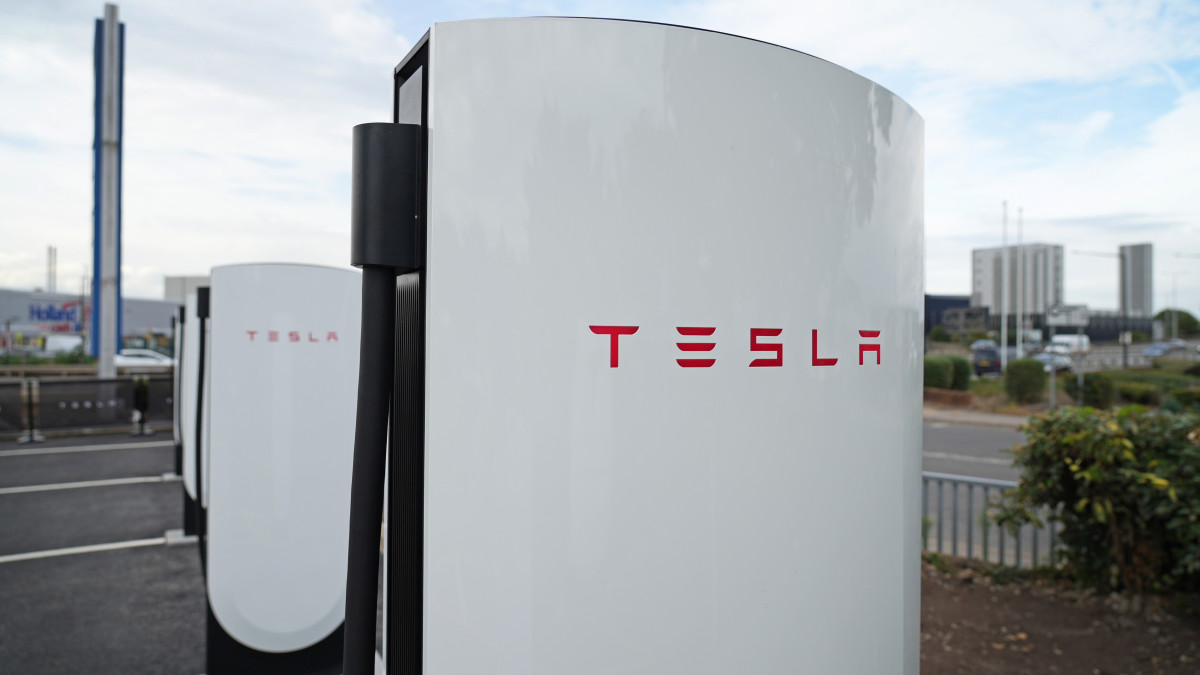
A Bad Look Amid Tesla’s Recent Momentum
The enforcement action comes just as Tesla had started regaining market confidence. The company recently delivered a record-setting quarter, reversing months of sluggish demand. As Tesla’s strong Q3 results gave the automaker new momentum, but this regulatory setback could cast a shadow over that progress.
The company is also racing to expand its charging infrastructure, highlighted by its rollout of its V4 Superchargers. The move is key to Tesla’s long-term EV ecosystem strategy, designed to keep drivers tied to the brand from purchase through ownership, including insurance.
Getty Images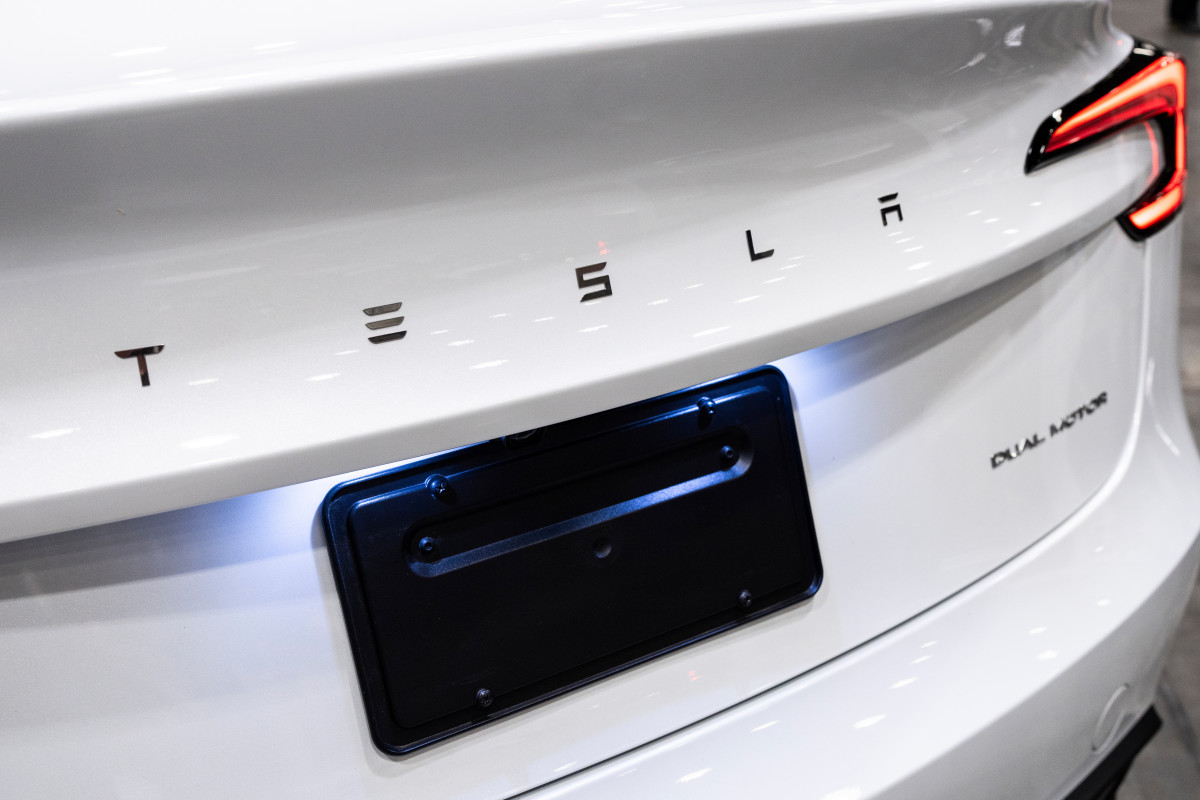
Why It Matters
For Tesla, the stakes go beyond potential fines. Its insurance program is integral to the company’s push to vertically integrate, selling the car, servicing it, and insuring it all under one roof. Losing that foothold in California would undercut a core part of Elon Musk’s vision for end-to-end customer control.
For regulators, the case signals growing willingness to rein in automakers that behave like financial institutions without adhering to traditional consumer protections. And for Tesla owners, it’s a reminder that convenience can come with risk when a brand blurs the line between carmaker and insurer.


